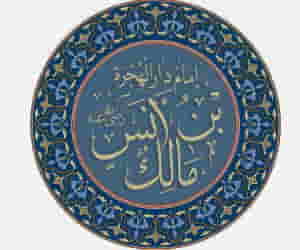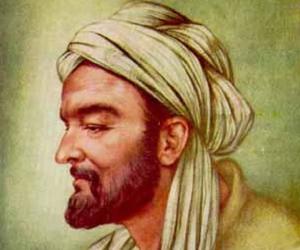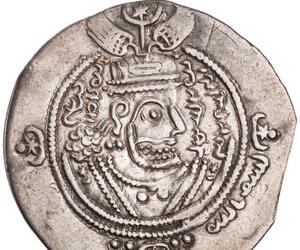



Sociocultural anthropologist and City University of New York professor Talal Asad is best known for his research on nomads, postcolonialism, and the culture of nations such as Sudan. He has also taught at the universities of Khartoum and Hull, and penned books such as On Suicide Bombing.


Umar II reigned as the eighth Caliph of the Umayyad Caliphate from 717 to 720 CE. Described as the most devout and pious of the Umayyad rulers, Umar II is credited with making various important contributions to the society. During his rule, the Islamic faith was accepted by large segments of the population of Egypt and Persia.

Abd al-Malik reigned as the fifth Caliph of the Umayyad Caliphate from 12 April 685 until his demise on 9 October 705. Abd al-Malik is often counted among the most celebrated caliphs by historians. Prior to his accession, Abd al-Malik held military and administrative posts under Caliph Mu'awiya I and Caliph Marwan I.

Abd Allah ibn al-Zubayr was a 7th-century caliph and is remembered for leading a rebellion against the Umayyad dynasty. He was also associated with the Prophet Muhammad. His rebellion began the Second Muslim Civil War. He died in the siege of Mecca initiated by the forces of Abd al-Malik.



The sixth caliph of the Umayyad caliphate, Al-Walid I constructed some of the most iconic mosques of his era. Apart from building mosques in Medina and Jerusalem, he built the Great Mosque in place of the basilica of St. John the Baptist in Damascus. He also expanded the influence of Islam.








Ali al-Rida was a descendant of Muhammad ibn Abdullah. He was the eighth Imam and is often viewed as a major religious figure by many Sunnis, particularly Sufis. He is credited with writing Al-Risalah al-Dhahabiah, a treatise on medical cures. This treatise is considered the most valuable Islamic literature in the field of medicine.


